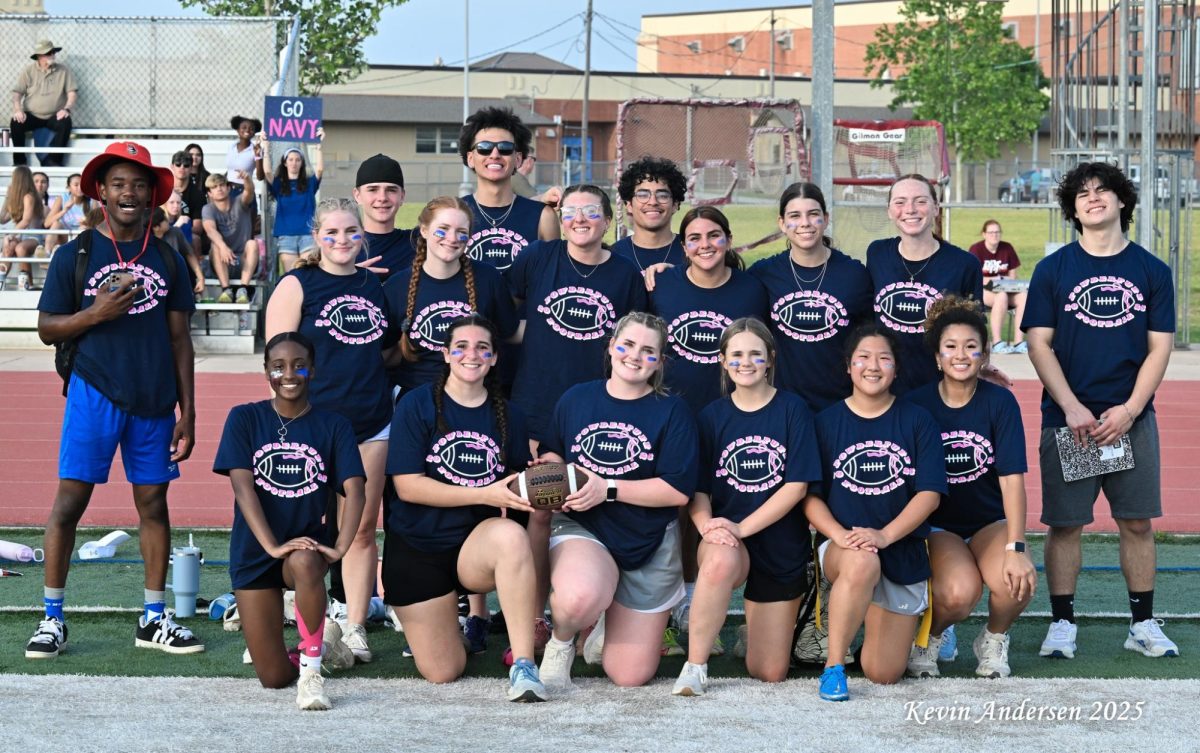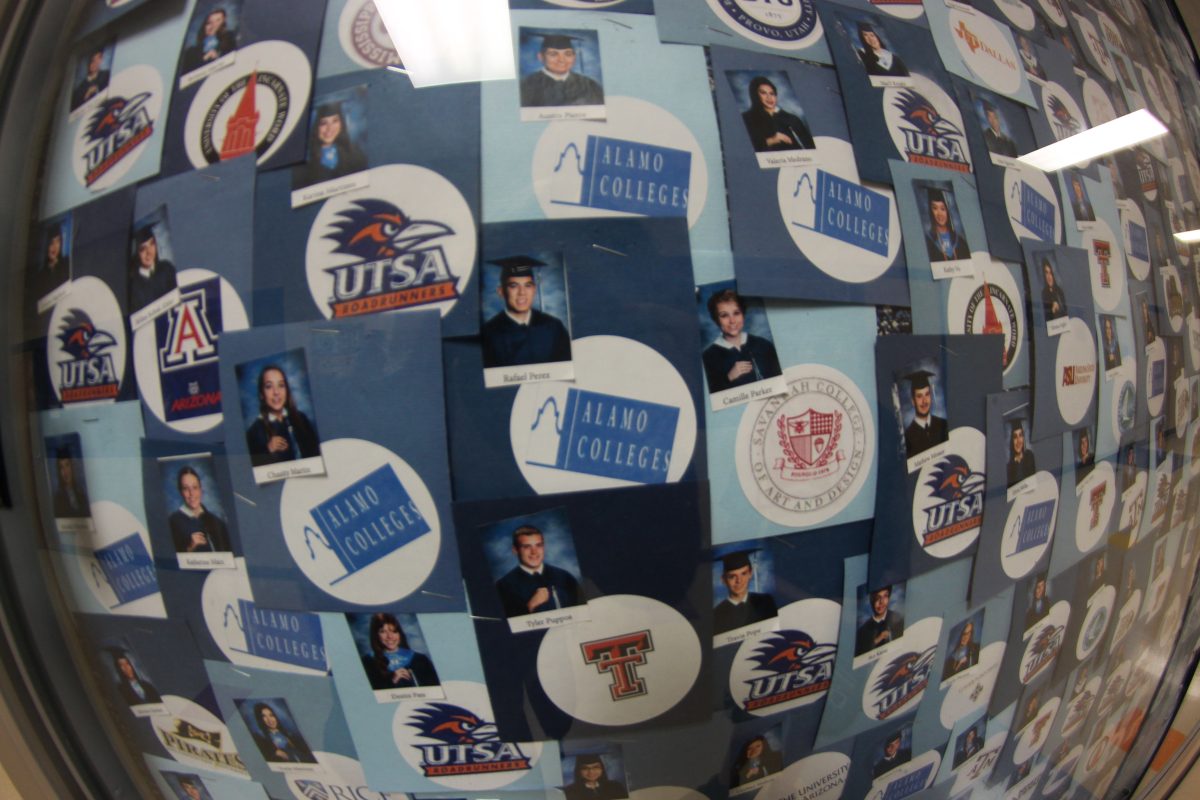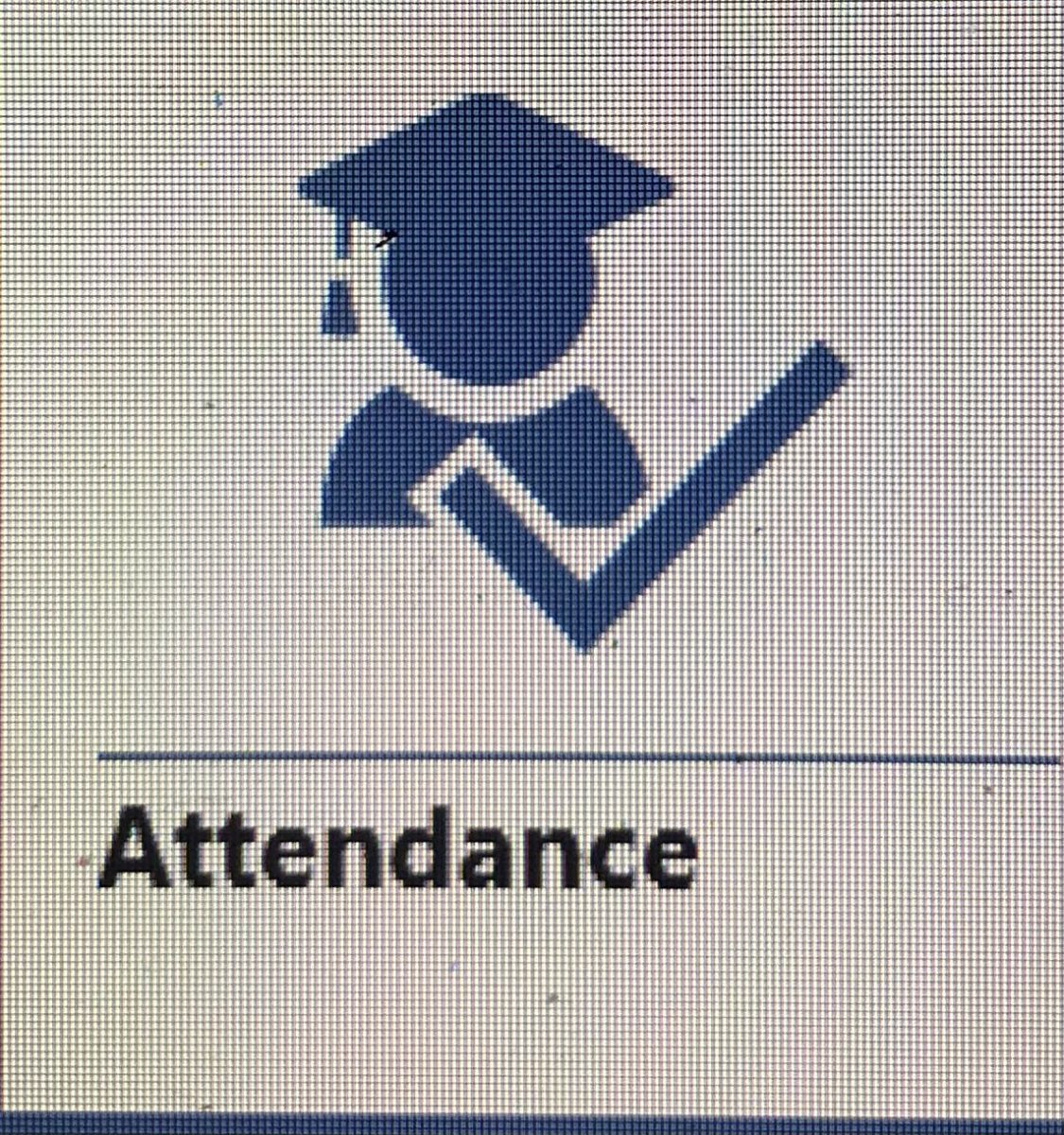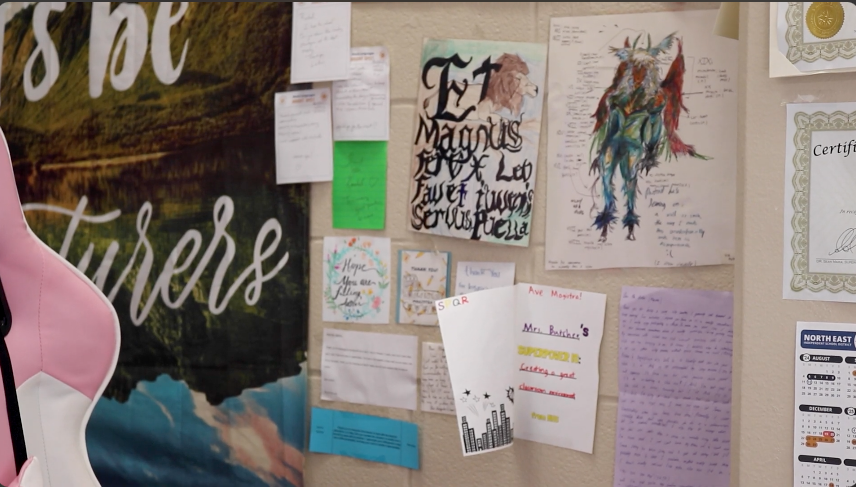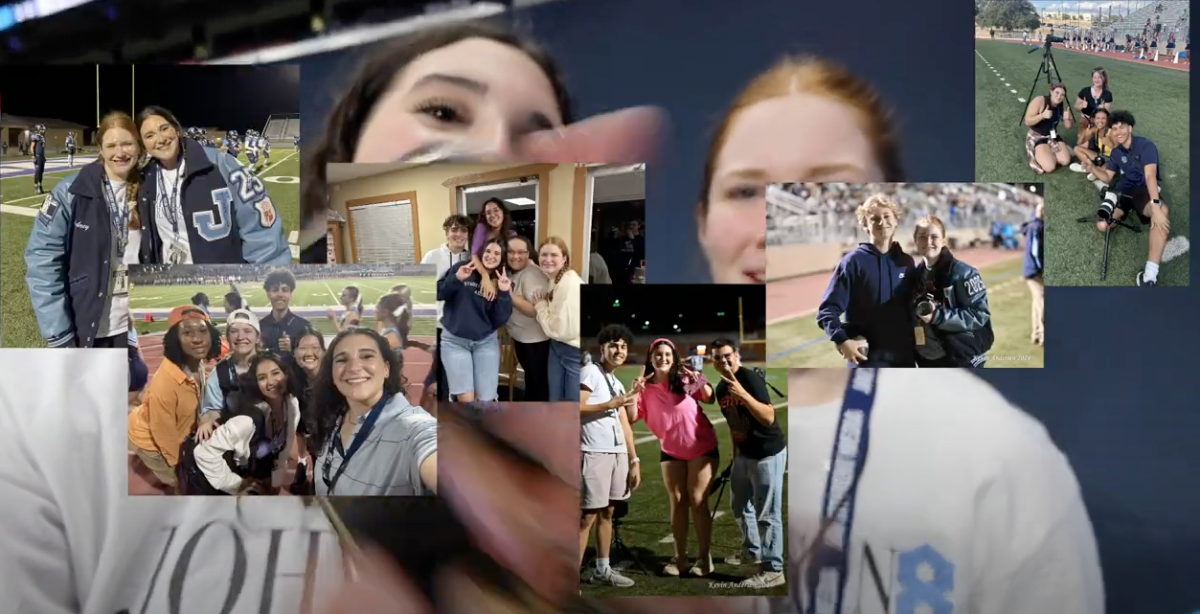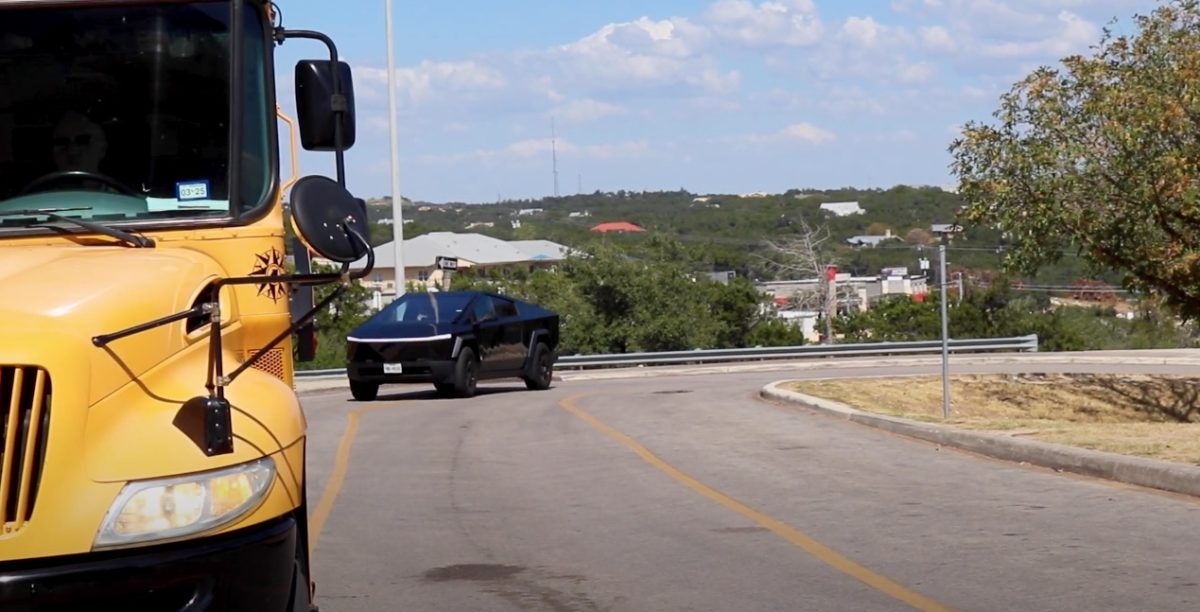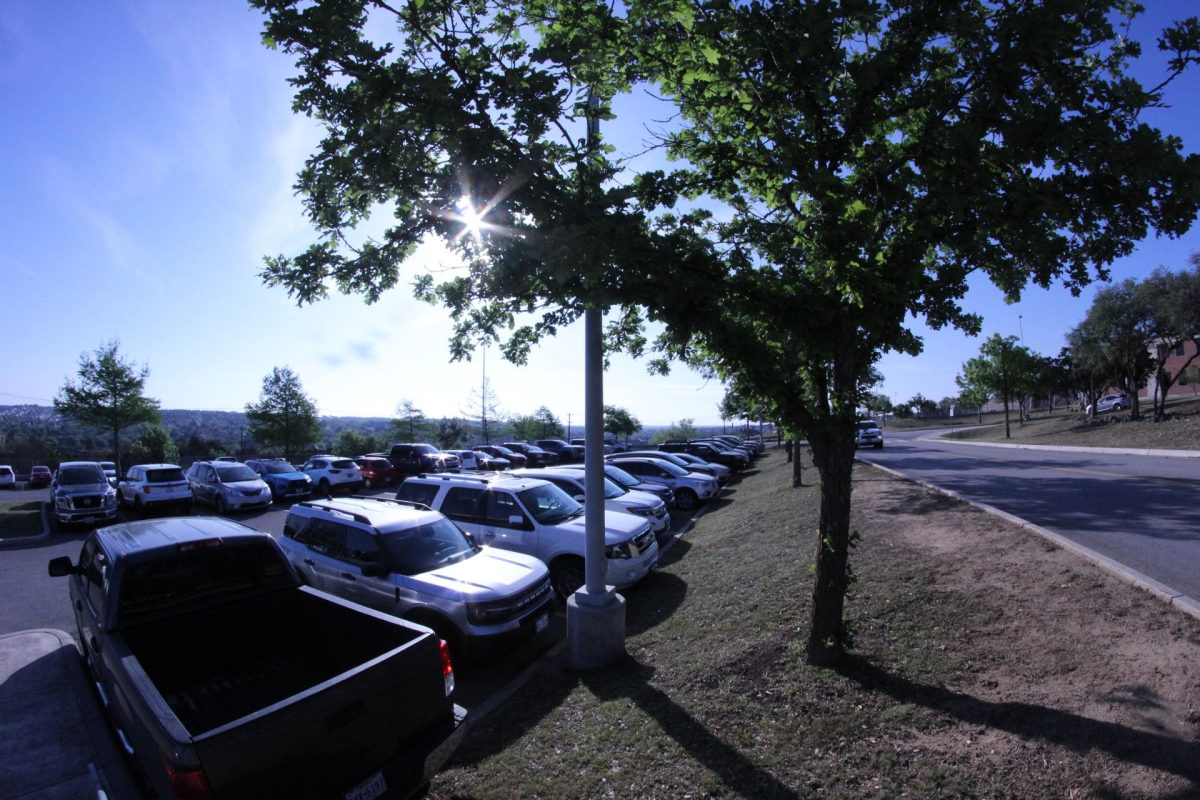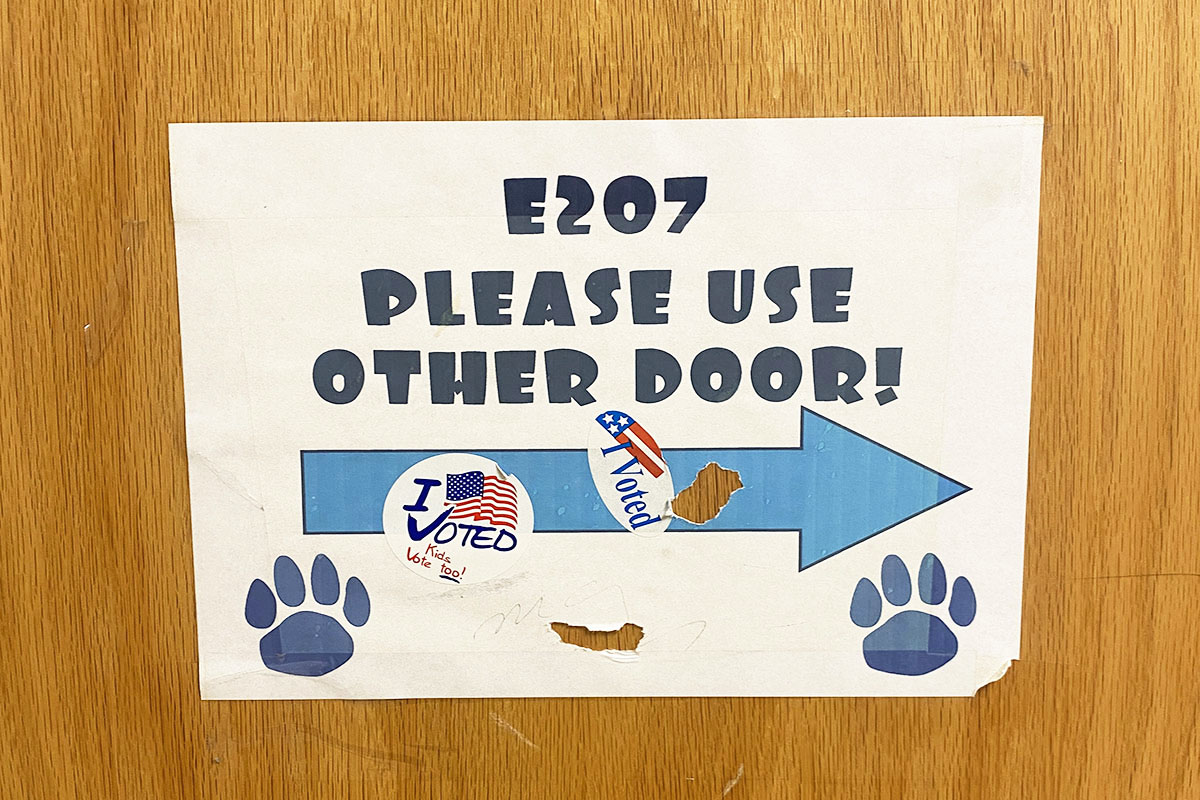by Mahek Khetani| Staff Writer
Ahh high school, that wonderful limbo between childhood and adulthood where we can just have bonfires at two o’clock in the morning while singing songs about never growing up and instagramming it all of the while. Right?
Wrong. Because that carefree attitude teens supposedly have isn’t even seen on MTV shows anymore. For the members of this generation, the workforce is becoming a thing of impossibility with almost every job requiring experience but barely any willing to provide it. But don’t take our word for it, take it from the real teenagers of Johnson High School.
“Without a doubt, this is one of the most competitive eras and I think that people are so focused on how adults are affected by the economy that they forget about the teens who are supposed to become the future, I understand that there’s a higher expectation for the workforce nowadays but it’s to an unrealistic extent with teens,” said junior Brooke Hoese
According to the U.S. Department of Labor, only 38.9% of teens between ages 16-19 are currently employed as of last April. A major collapse compared to statistics throughout the early 2000’s. So what’s behind the drop?
“This generation is problematic, yes. But that fault isn’t on all of the ‘lazy’ teens, it’s problematic because the adults of this generation think we have it easier, therefore they’re trying to make it harder on us. Meaning more homework, more pressure to take AP classes and more eligibility requirements for both school and day jobs,” said Hoese.
Of course we can’t blame our elders for having high expectations for us, but the fault in the older generation is their seeming inability to understand that things are not as easy, breezy beautiful covergirl for teens as it seems.
“I recently went to the job fair for Dunkin Donuts but instead I decided to work for Aqua Tots, and I pay for a lot of personal expenses which is why I wanted a job but the thing is, when I begin my career, Aqua Tots isn’t going to make me seem like a valid candidate. That, in my opinion, is why teens are struggling. If we want money, it’s a random job but if you want experience, it’s an unpaid internship. You can’t have both,” said sophomore Sarah Holick.
Lack of experience in a desired field sets students back greatly when careers are being considered. Which is why students like Darrian Lee take on as many challenges as she can.

Lee is a member of the locally well known, ‘Dara Niemi Band’ and creates her own independent work in order to become a professional songwriter in the future, all of the while maintaining grades and extra curriculars.
“With everything I am doing now, I meet amazing people that can also help me get connections and it also helps me become more comfortable with performing and being confident. I’ve gotten the opportunity to record at other studios and meet songwriters from Nashville. It’s an extremely competitive industry to be in no doubt, which is why I don’t have a choice but to apply myself 100% to be successful,” said Lee.
The young musician went on to explain that her drive to be in the entertainment industry at such a young age is fueled by the need of practice and understanding required to be even remotely notorious within that business.
“The people who have experience are the ones with true talent and because industries can’t afford to waste time training others, it’s become harder to get noticed, not to mention that the stakes are higher due to past players. So people have high expectations that push our generation to be better than the previous one,” Lee added.
With such a heightened vision for generation Y, how do our students prepare in a way that will benefit them in the long run? The answer may be a proposal to begin a program that would correlate student’s classes with the career they are pursuing.
“A program like that would be incredible for students because it would allow us to focus on one priority rather than a bunch of different courses that may or may not help us in the future. Because then maybe if I want to become a marketing major, then my classes can be adapted to that, even though changes in majors are bound to happen, we would still have a greater insight into the world of careers rather than just mandatory credits,” said freshman Nick Landry.
The promise of more field experienced students is doubtful however, with the increasing demand for skill and knowledge in entry level jobs, there’s no time to waste.
“The education system has been the way it always has been for decades now, and the only difference is that now, it’s harder. We need to start adapting to this generation because it’s obvious that there are some classes that are just extra stress put on us when there’s things like jobs, internships, sports and what not. It’s 2014 and times have changed, and if we don’t realize that than this country as a whole is gonna be taking a step backwards,” said Holick.
While the system of education plays a great deal in contributing to how well students are prepared for their career, is it the main ground behind the decreasing teenage employment rate?
“To be honest, getting a day job is a lot more work than it’s worth because the pay is so insufficient. They really need to raise the minimum wage because there are teens paying for college, gas money and other expenses. Not to mention you do need a car if you have a job, because for how long can your parents or friends keep giving rides to you,” said junior Evan Robles.
There has been debate regarding minimum wage and whether or not it should be increased, which seems illogical to many considering most of The U.S. population is not a part of corporate America.
“There’s a lot of things wrong with the system in my opinion but there are students who can handle the pressure and thats great, but we can’t just disregard those who are unable to deal with it and claim it was laziness on their part. So until there are some changes made within the workforce, teens aren’t gonna be too eager earning seven dollars an hour at Dunkin Donuts,” said Robles.




